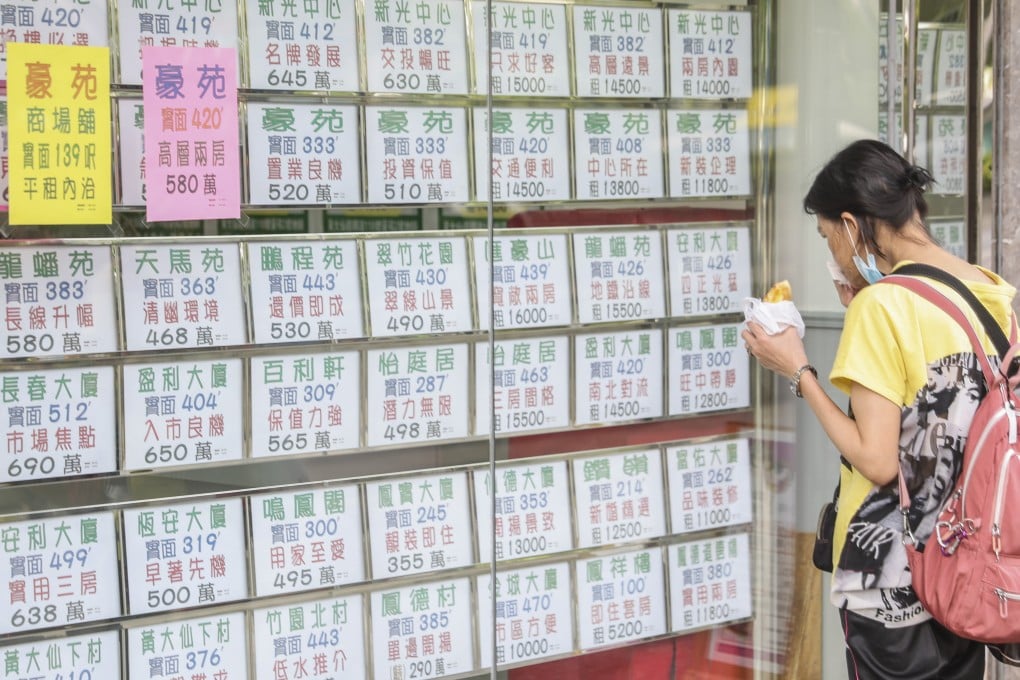Hong Kong’s negative equity jumps almost 22 times to 12,164 cases, as plunging home prices drive property values below mortgage loans
- Negative equity cases rose to 12,164 at the end of December, from the six-quarter high of 533 cases reported at the end of September 2022
- The Covid-19 pandemic has taken a larger toll on property values than the 2008 global financial crisis or Hong Kong’s 2003 encounter with Sars

Hong Kong’s plunging home prices have driven property values below outstanding loans during the Covid-19 pandemic, driving the number of negative equity cases up almost 22 times to their highest level since 2005.
“The jump in the number of residential mortgage loans in negative equity in the fourth quarter of 2022 is mainly because home prices plunged a further 7.7 per cent in the fourth quarter after falling 8.5 per cent for the first three months,” Arthur Yuen, the HKMA’s deputy CEO, said in a statement.
The aggregate value of residential mortgage loans in negative equity surged almost 22 times to HK$66.25 billion at the end of December 2022 from HK$3.01 billion at the end of September 2022. It is the highest since the fourth quarter of 2003, according to Centaline Mortgage.
These cases were related to bank staff housing loans or residential mortgage loans under the mortgage insurance programme, which generally has a higher loan-to-value ratio.
The mortgage insurance programme has strict requirements on the ability to repay mortgages, said Yuen, noting that the delinquency ratio under the programme is 0.01 per cent, lower than the 0.06 per cent overall mortgage delinquency ratio in the banking industry in December. Thus, the risks of loan services are still under control, he added.
“It is important to note that the figures derived from this survey relate only to residential mortgage loans provided by authorised institutions on the basis of first mortgages, and which the reporting institution knows to be in negative equity,” the HKMA said in its statement. The de facto central bank only counts first mortgages provided by authorised banks and financial institutions, understating the problem by excluding second mortgages provided by co-financing schemes.